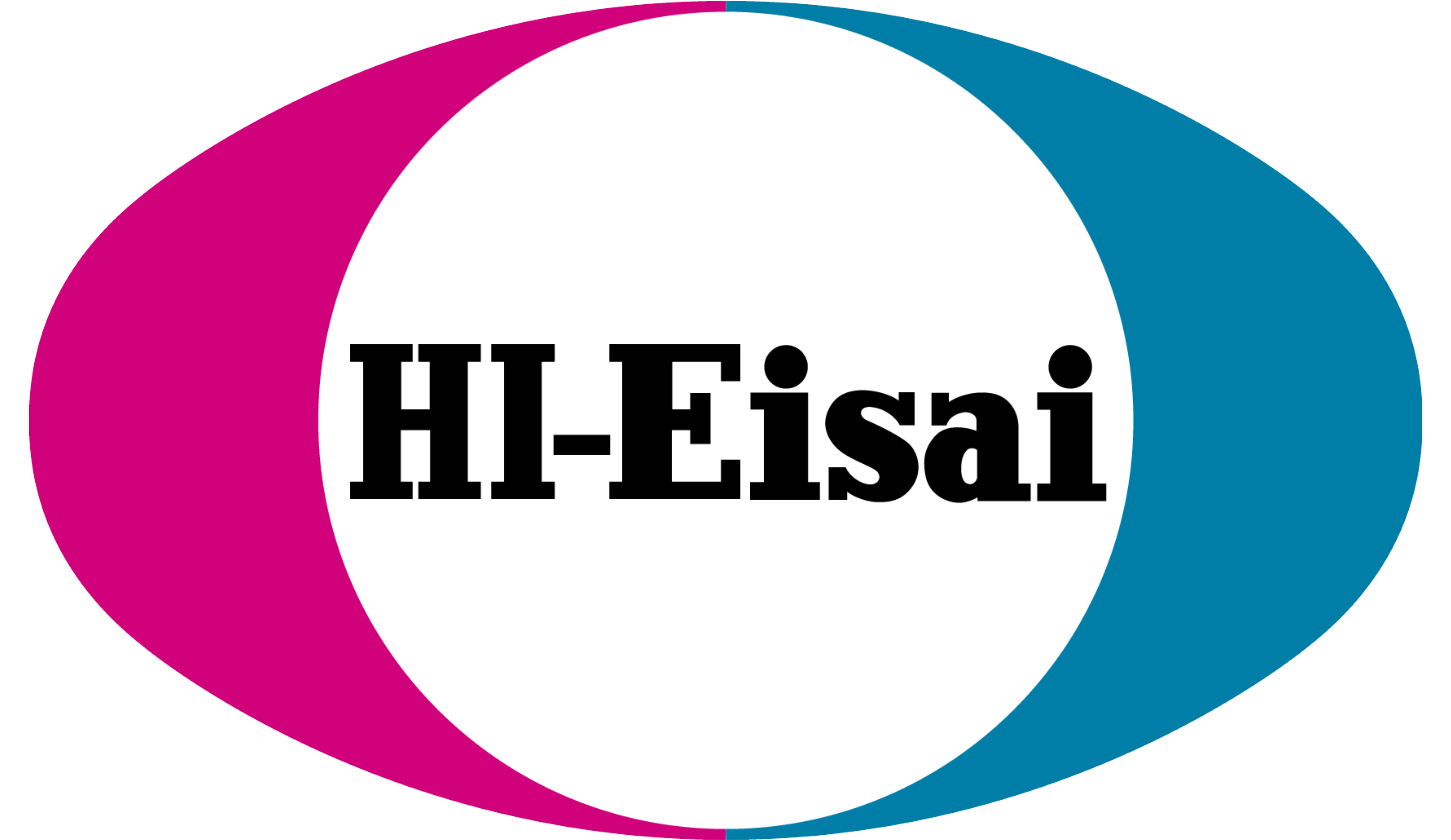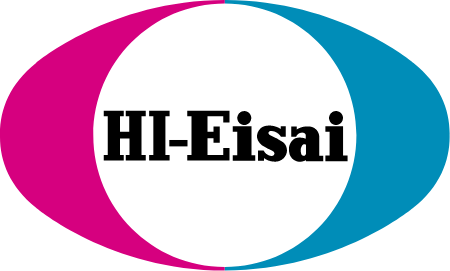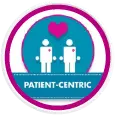Understanding and Overcoming the Stigma of Epilepsy
Epilepsy, a neurological disorder characterized by recurrent seizures, is often misunderstood and stigmatized. Stigma can have a profound impact on individuals with epilepsy, affecting their quality of life, mental health, and social interactions. Understanding the nature of epilepsy stigma and how to overcome it is essential for creating a more supportive and inclusive environment for those affected by the condition.
What Contributes to Epilepsy Stigma?
Misconceptions and Fear: Many people hold misconceptions about epilepsy, believing it to be contagious or a sign of mental illness. Fear of the unknown can lead to stigma and discrimination against individuals with epilepsy.
Historical and Cultural Beliefs: Throughout history, epilepsy has been associated with supernatural or religious beliefs, leading to stigma and discrimination in many cultures.
Visibility of Symptoms: The visible nature of seizures can lead to discomfort and fear in others, contributing to stigma.
Impact on Daily Life: Epilepsy can impact a person’s ability to drive, work, or engage in certain activities, leading to social isolation and stigma.
How to Overcome Epilepsy Stigma:
Education and Awareness: Increasing public knowledge and understanding of epilepsy can help dispel myths and reduce stigma. Education campaigns, community events, and school programs can all contribute to raising awareness.
Open Dialogue: Encouraging open and honest discussions about epilepsy can help break down barriers and reduce stigma. Sharing personal experiences and stories can humanize the condition and foster empathy.
Support Groups: Joining a support group for individuals with epilepsy and their families can provide a sense of community and understanding, reducing feelings of isolation and stigma.
Advocacy: Advocating for the rights of individuals with epilepsy, including access to healthcare, education, and employment, can help reduce stigma and improve quality of life.
Challenging Discrimination: Speaking out against discrimination and advocating for equal treatment can help create a more inclusive society for people with epilepsy.
Promoting Inclusion: Encouraging inclusion of individuals with epilepsy in all aspects of life, including education, employment, and social activities, can help reduce stigma and promote acceptance.
Supporting Mental Health: Providing support for the mental health needs of individuals with epilepsy, including access to counseling and therapy, can help reduce the impact of stigma on mental well-being.
By working together to raise awareness, challenge misconceptions, and promote acceptance, we can create a more inclusive and supportive environment for individuals with epilepsy, helping them to live full and meaningful lives free from stigma.






